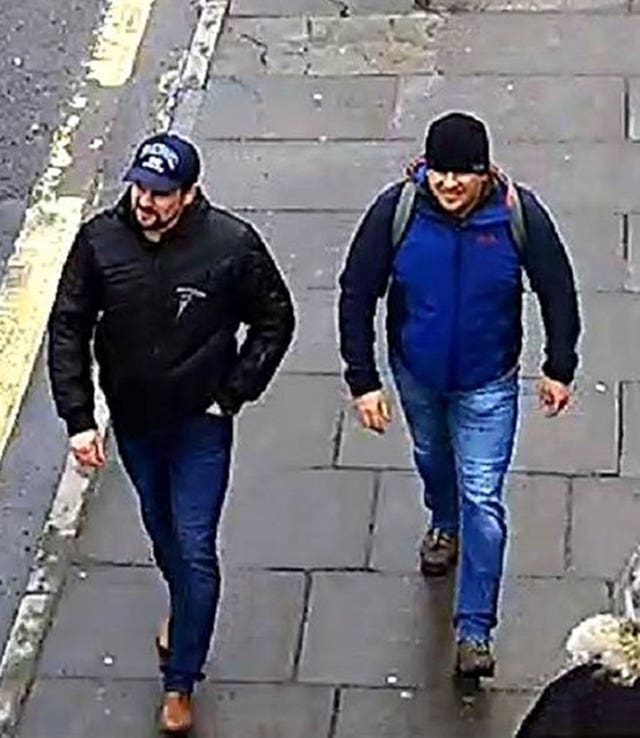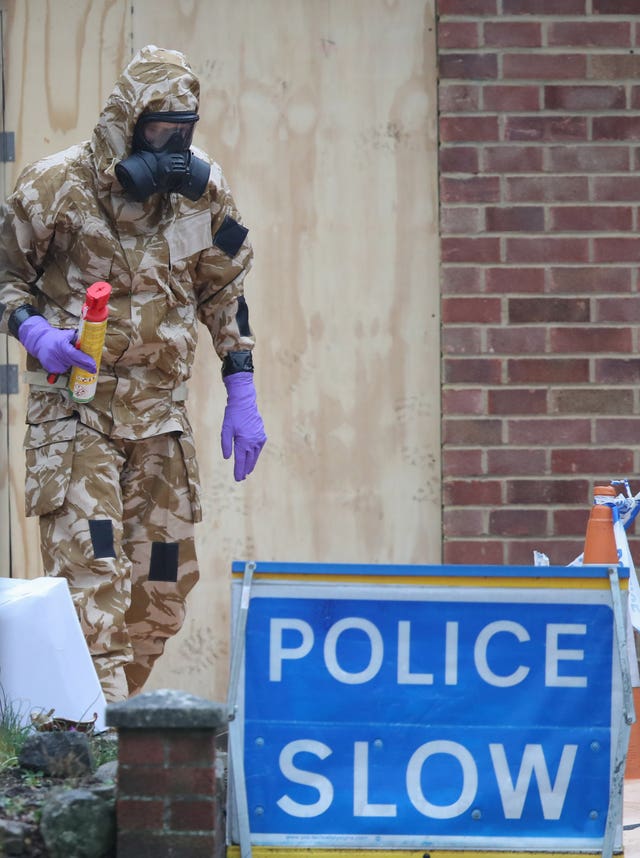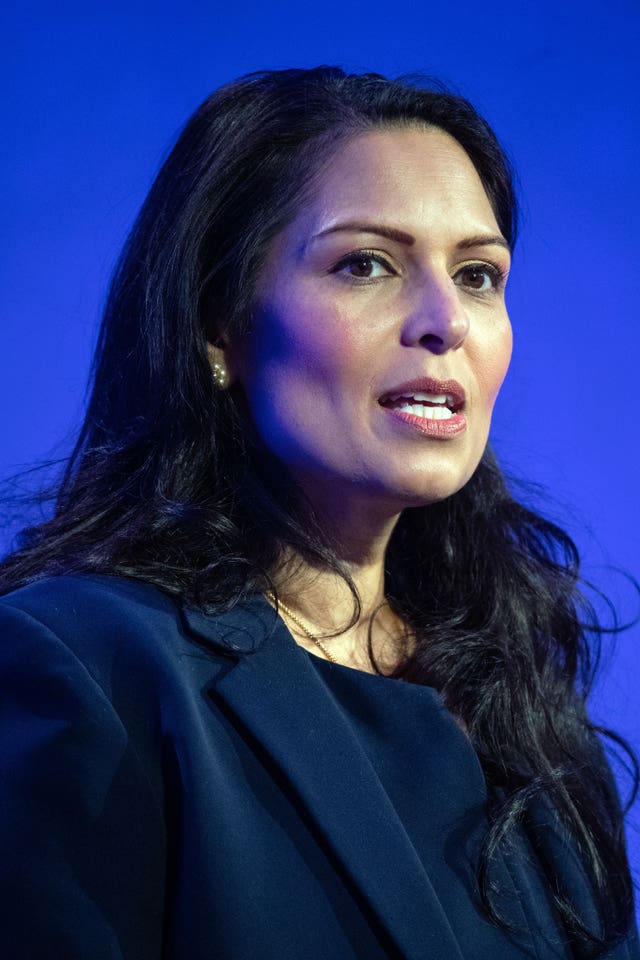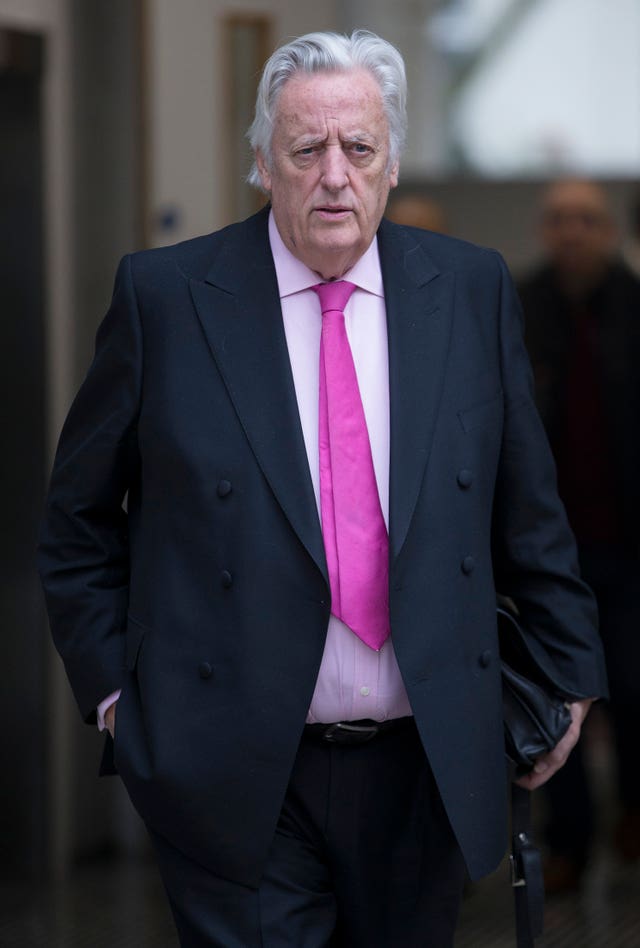Relatives of woman poisoned by Novichok want ‘key questions’ asked at inquest
Members of Dawn Sturgess’s family say a coroner has wrongly decided to limit what issues will be considered at the hearing.

Relatives of a woman who died after being poisoned by the nerve agent Novichok two years ago are embroiled in High Court action in a bid to get “key questions” asked at an inquest.
Dawn Sturgess, 44, died in hospital in Salisbury, Wiltshire, in July 2018 after collapsing at her partner Charlie Rowley’s home in Amesbury, Wiltshire.
Members of her family say David Ridley, the senior coroner for Wiltshire, has wrongly decided to limit what issues will be considered at an inquest.

They say Mr Ridley has made a flawed decision about the scope of an inquest which should be quashed.
Home Secretary Priti Patel disagrees and says Mr Ridley was entitled to reach the decisions he reached.
She also says Mr Ridley is keeping the scope of the inquest under review.

Ms Sturgess’s daughter, who is at school, has, technically, challenged decisions Mr Ridley made, about the inquest’s scope, in December 2019.
Her grandfather, Ms Sturgess’s father, named in court documents as Stephen Stanley Sturgess, is acting as her “litigation friend” and has instructed lawyers on her behalf.
Judges said Ms Sturgess’s daughter’s full name could not be revealed in media reports of the case.

Michael Mansfield QC said the question of who was responsible for the use of Novichok was a matter of “almost unparalleled public concern”.
But Mr Mansfield said the coroner had decided that he would not consider whether any Russian state agents, other than the suspects – Russian military intelligence agents known as Alexander Petrov and Ruslan Boshirov – were responsible for Ms Sturgess’s death, or issues relating to the source of the Novichok.
He said that meant the inquest would not investigate “credible allegations” that other Russian state agents were involved or “key questions” about how “the operation” was arranged.
“The use of Novichok in Salisbury was the first aggressive use of a nerve agent in Europe since the Second World War,” said Mr Mansfield in a written case summary.
“It put hundreds of members of the British public at risk and killed Ms Sturgess.
“The issue of who was responsible for it is a matter of almost unparalleled public concern.

“Accordingly, the impact of the senior coroner’s decision is that there will be no further public investigation of these important issues.”
Mr Mansfield argued that Mr Ridley’s “proposed approach” would soon “become unworkable and ineffective”.
Sir James Eadie QC, who is representing the Home Secretary, said the judges should dismiss the application.
“The background to Ms Sturgess’s death is the attempted murder of Sergei and Yulia Skripal on March 4 2018,” he said, in a written case outline.
“Ms Sturgess was not a target of that attempt; she appears to have been the tragic victim of chance, having come into contact on June 30 2018 with Novichok discarded by the attackers.”
Sir James argued that the coroner was entitled to reach the decisions he had reached regarding the scope of the inquest.
Mr Ridley had also made it clear that he was not reaching a final conclusion but would keep the scope of the inquest under review, Sir James added.





